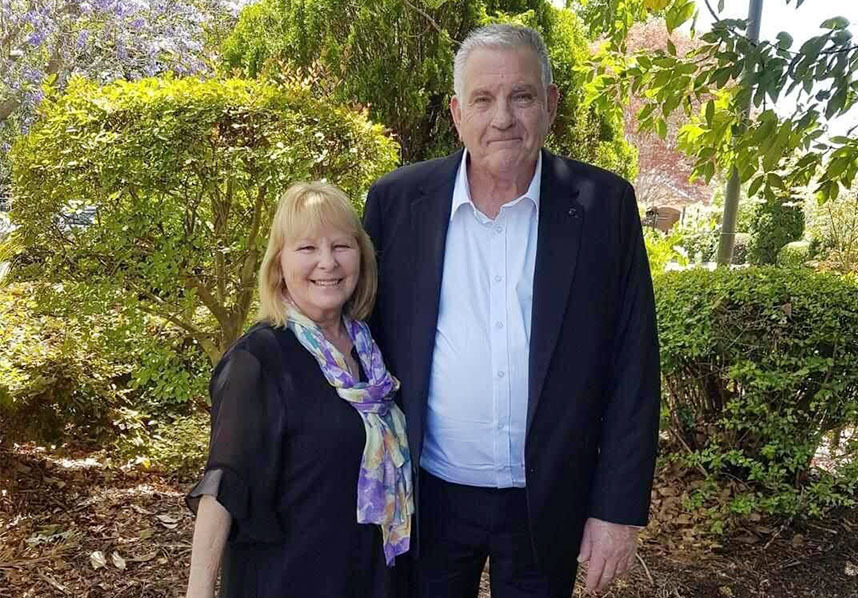When and How to Sell Your Rental Property

When and How to Sell Your Rental Property
Like any investment, knowing WHEN to sell your rental property can be a tricky call to make. You may consider possibly selling; when your local market has had big gains, or when your rental property is costing too much in upkeep, or when you find a more lucrative investment elsewhere, or when you’re transitioning to retirement, or perhaps you have simply had enough of rental properties.

In truth, it all boils down to timing, either your own timing, or that of the market. Sell too early and you could end up missing further growth, but holding onto a loss-making investment that is depreciating in value doesn’t make sense financially either.
To sum up, selling or holding an investment property boils down to your personal circumstances and investment goals. So, make sure not to let your emotions get in the way of making a prudent financial decision.

Then, once you decide when you will sell, the next step is to figure out the HOW – and that’s when we come in.
In the vast majority of cases, the best time to sell your rental property is around 2 to 3 months before the tenant’s lease expires. This will give you 1 to 2 weeks for any pre-sale preparations, a further week for things like photos and the launching of the advertising campaign, then a further 2 to 4 weeks of actual time on market until contract stage.
Once you reach contract stage, common settlement periods are 30, 45, or 60 days, and occasionally 90 days. So all up, from the very start of the process once you decide to sell, until the day the settlement funds hit your bank account, you are looking at about 6 weeks absolute minimum, to up to as much as 20 weeks for the full sale process to run its course.

Which is why we recommend starting this process 2 to 3 months before the tenant’s lease expires. As your tenant would assumedly be on a fixed lease, the tenant is legally obligated to honour their lease and continue living in the property paying rent; during sale preparations, the sale campaign and also the settlement period. I’m sure you will agree that having a vacant investment property for 6 to 20 weeks earning no income could significantly reduce any potential gain you are hoping for in a sale. An added bonus, assuming your tenant presents the property in a reasonable manner, is that a furnished property will present to the market much better than a vacant property, also saving you the added cost of staging the property.
This 2 to 3 month timeline also leaves both options open for whoever your purchaser is. Should your purchaser be an owner occupier then it’s simply a matter of aligning settlement for a few days after the lease expires and the tenant has vacated. However if your buyer is an investor, then there’s already a tenant in place paying rent, which is a great advantage, and the silver lining here is that your tenant gets to stay on in the property.

There is one key asterisk to the above timeline. This is if your tenant presents the property in a way that could significantly reduce your potential sale price. If this is the case, then as much as it may hurt financially having a vacant investment for many weeks, the alternative of potentially losing tens of thousands in your sale price is a far worse proposition. In this case the only solution is to give the tenant notice to leave, do your sale preparations, stage the property for sale and run the sale campaign while taking the financial hit of no rental income.
As you have no doubt gathered, there are a lot of pitfalls to getting a great sale on your rental property. The right planning should start well in advance of the actual sale process.
If you would like specific advice as to how your property is being presented, and what pre sale preparations you should be considering then please get in touch with us here at Reval.
Written by Adam Scott
Recent Posts
What to Consider when Applying for a Home Loan
21 Apr 2024












